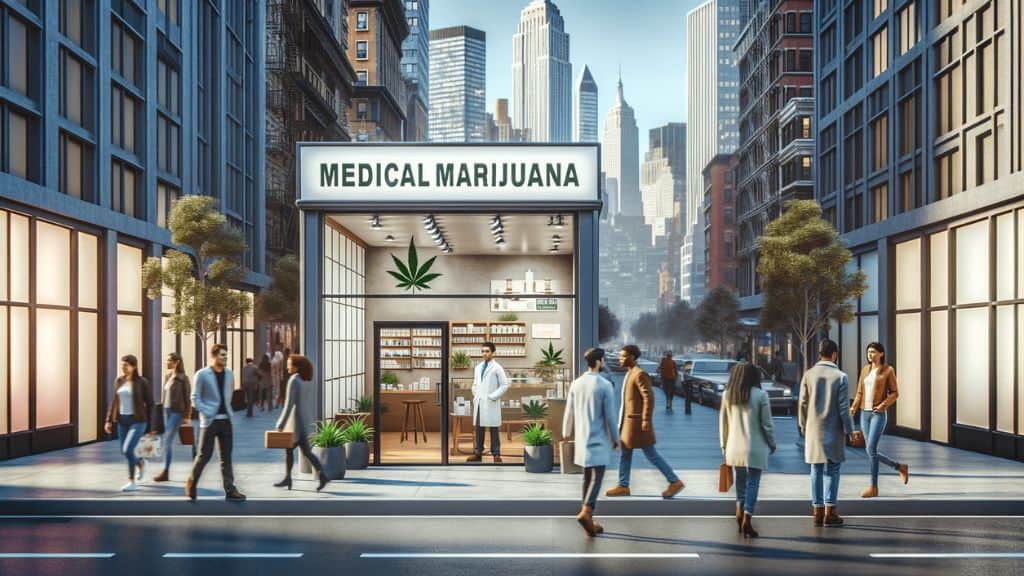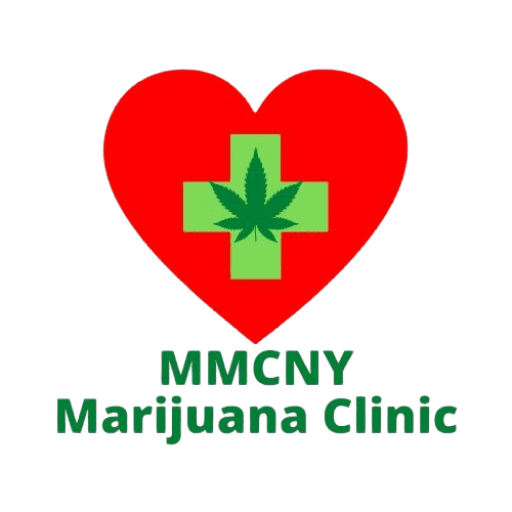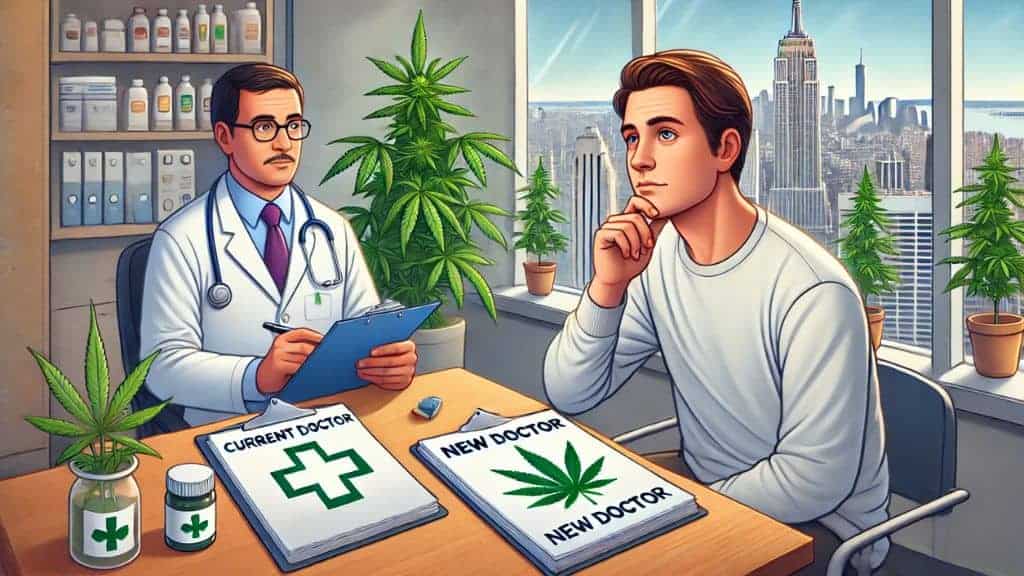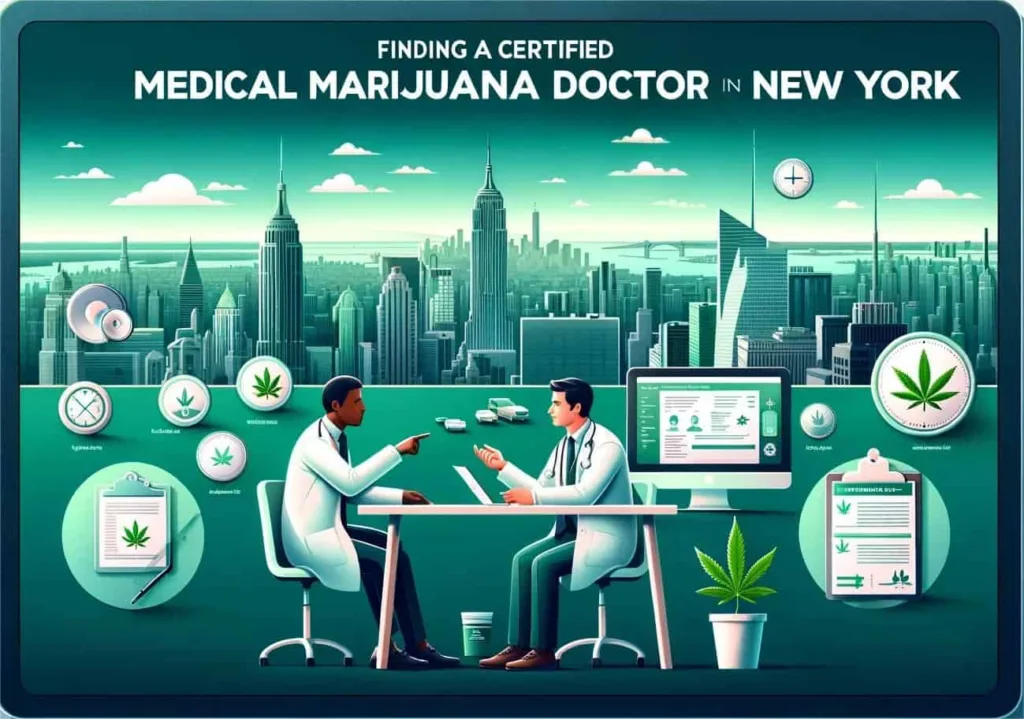Medical marijuana in New York is a topic surrounded by various misunderstandings and complexities, mainly due to the evolving nature of cannabis laws and regulations. This comprehensive analysis seeks to clarify common misconceptions by exploring the New York State Medical Cannabis Program, patient eligibility, the role of healthcare providers, and recent legislative changes.
Table of Contents
Toggle- Overview of New York’s Medical Cannabis Program
- Misunderstanding #1: Insurance Coverage for Medical Cannabis
- Misunderstanding #2: Qualifying Conditions
- Misunderstanding #3: The Role and Training of Healthcare Providers
- Misunderstanding #4: Legal Sale and Use of Cannabis
- Recent Legislative Changes
- Conclusion
Overview of New York’s Medical Cannabis Program
As of March 1, 2024, New York’s Medical Cannabis Program includes 118,481 registered patients and 4,291 certifying practitioners. Patients certified by a healthcare provider can purchase medical cannabis using their certification and a government-issued photo ID at any licensed dispensary.
State-approved healthcare providers, after completing a mandatory educational course, can certify patients recommending the medical use of cannabis. The program highlights patient eligibility, healthcare provider certification, and caregiver designation processes.
Misunderstanding #1: Insurance Coverage for Medical Cannabis
A significant misunderstanding revolves around insurance coverage for medical cannabis. While the registration and practitioner office visits related to medical cannabis evaluation may be covered under insurance, medical cannabis products themselves are not covered by New York State Medicaid.
However, Registered Organizations (ROs) may offer discounted products or reduced prices for certified patients.
Misunderstanding #2: Qualifying Conditions
Another common misconception is about the qualifying conditions for medical marijuana use. Initially, New York had a specific list of qualifying conditions, but as of 2022, the state allows doctors to recommend medical cannabis for “any condition that the practitioner believes can be treated with medical cannabis.” This broad criterion significantly expands potential eligibility.
Misunderstanding #3: The Role and Training of Healthcare Providers
There’s also confusion about the role and required training of healthcare providers in the medical cannabis program. Providers need to complete an approved course, varying from 3 to 5 hours, to certify patients for medical cannabis. This education is crucial for ensuring that practitioners have the necessary knowledge to recommend cannabis safely and effectively.
Misunderstanding #4: Legal Sale and Use of Cannabis
The legal sale and use of cannabis, both recreational and medical, is often misunderstood. New York allows the use of cannabis for adults 21 and older, with specific regulations for medical use. Patients need to obtain a medical marijuana certification from a registered practitioner and can purchase medical cannabis at state-licensed dispensaries. Smoking and smokable forms are currently not allowed for medical marijuana, and there are strict rules about the types of products that can be sold.
Recent Legislative Changes
Recent legislative efforts, such as the Cannabis Administration and Opportunity Act (CAOA) and a marijuana reform executive order by President Biden in October 2022, aim to delist cannabis from the DEA’s Schedule 1 drugs and allow for state-level legalization without federal interference. These changes indicate a shift towards more inclusive and flexible cannabis laws, potentially affecting New York’s regulations in the future.
Conclusion
Understanding New York’s medical marijuana recommendations requires navigating a complex legal and regulatory environment. Misconceptions about insurance coverage, qualifying conditions, healthcare provider roles, and the legal framework for cannabis use contribute to the confusion.
However, through ongoing legislative changes and increased public and professional education, New York is working towards a more accessible and effective medical cannabis program.
Sources
https://cannabis.ny.gov/medical-cannabis
https://cannabis.ny.gov/patients
https://cannabis.ny.gov/medical-cannabis-program-faqs
https://www.congress.gov/bill/117th-congress/senate-bill/4591/text





